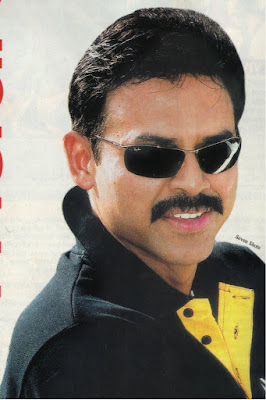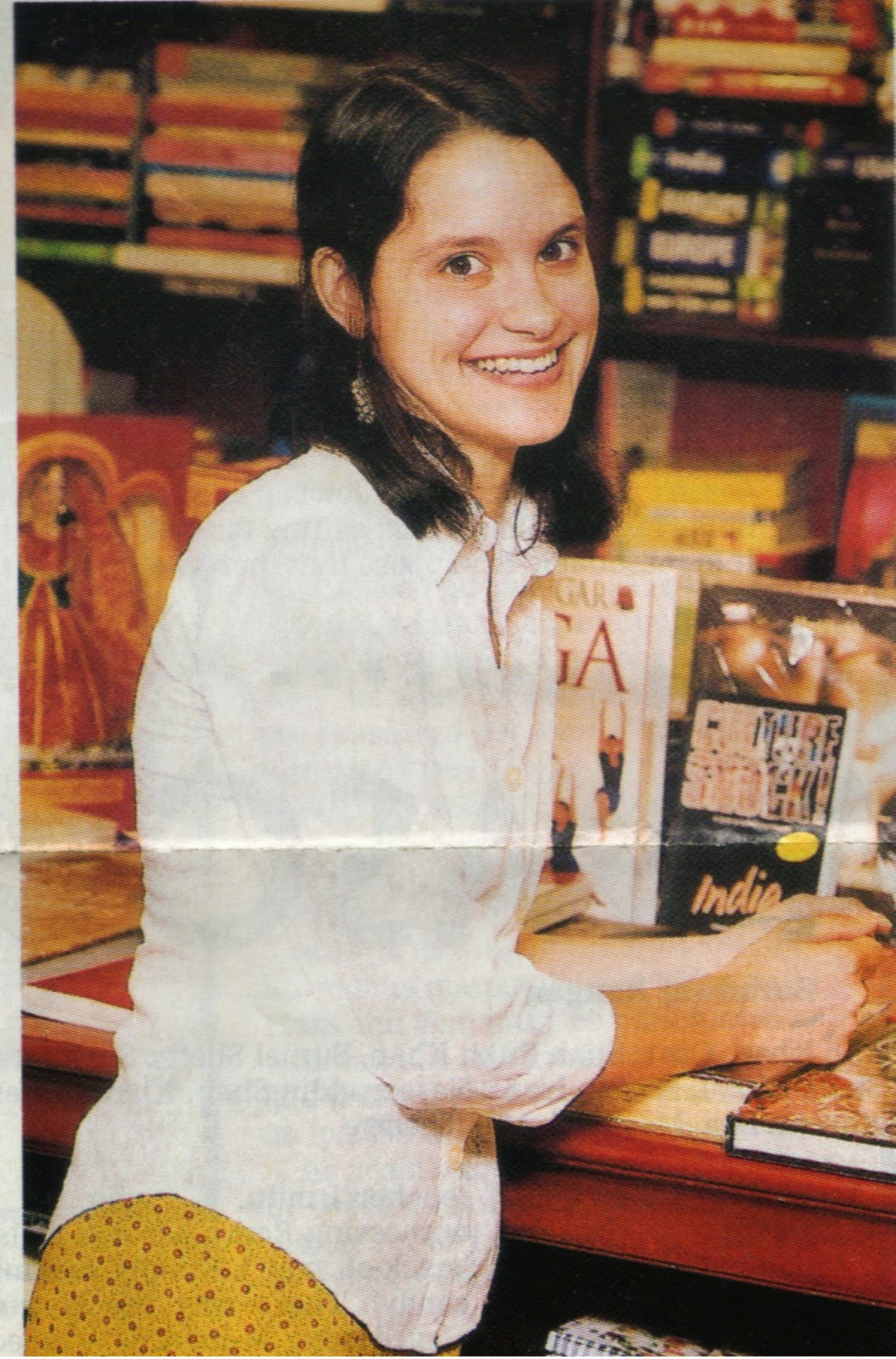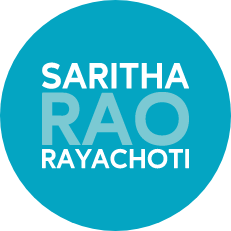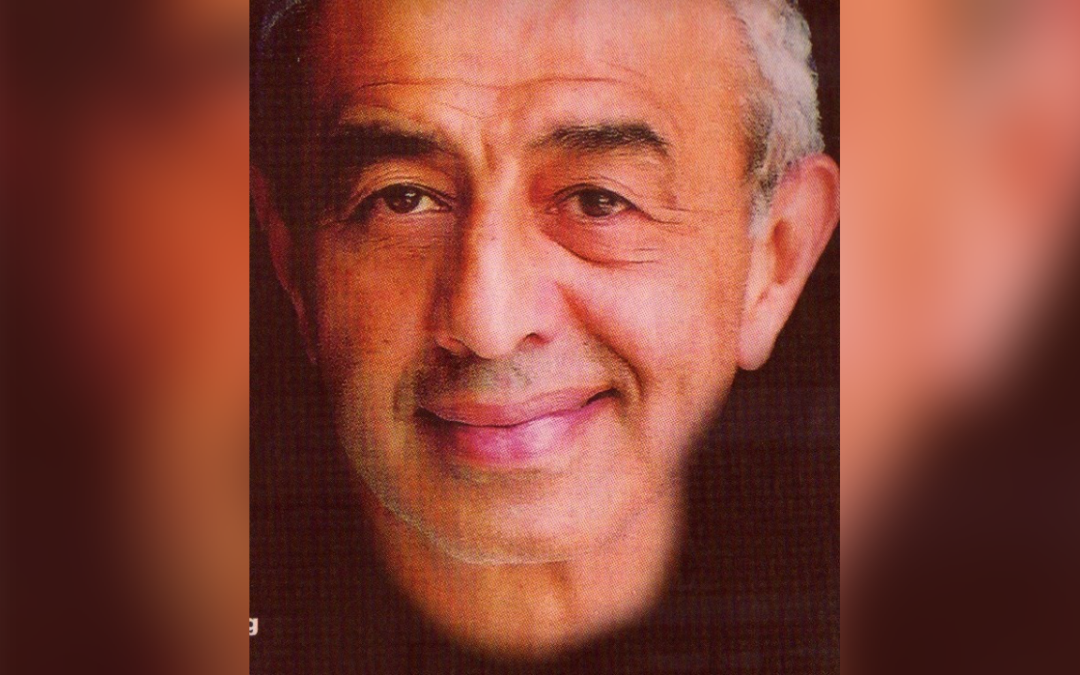

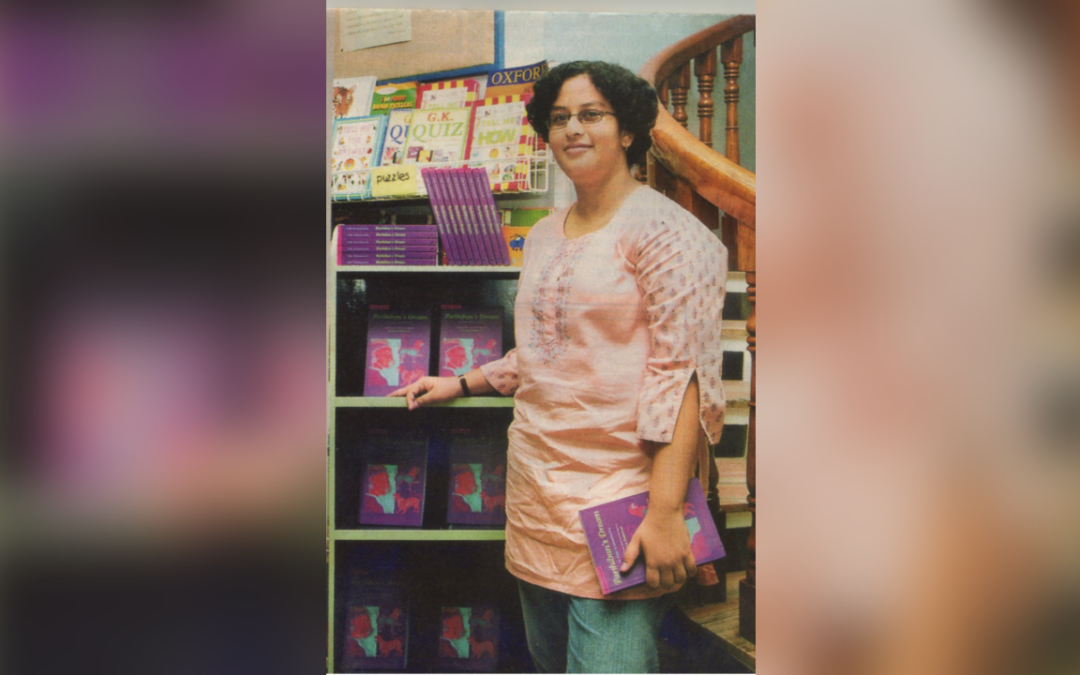
Work in Progress – Nirupama Raghavan
Sixteen-year-old Nirupama Raghavam’s tryst with Kalki Krishnamurthy’s Parthiban Kanavu goes back to the time, three years ago, when her grandmother gifted her a few Tamil books hoping to get her to learn the language.
“Most of the books my grandmother gave me were non-fiction. But Parthiban Kanavu stood out because, quite literally, the book had an interesting cover and was also one of the few Tamil fiction titles among the lot,” says Nirupama of the book that proved a turning point for more than just her reading habit.
Last year, Nirupama completed her translation of Parthiban Kanavu from its Tamil original to English. Her recently relased book, published by Tulika Books in association with the MR AR Educational Society is called Parthiban’s Dream. And to think this dream grew out of Nirupama’s need to express the story to someone who didn’t read Tamil.
“One of the students in the non-profit school that my mother runs, didn’t read Tamil but wanted to know what the book was like. I narrated the story with such detail that my mother insisted I should write it down as a translation. And look how far that has come!” she says, visibly excited to see her work in print.
“I spent ten months translating the book, although I was reluctant at first. After getting help for the first seven chapters, I started translating it on my own. In retrospect, it has been a great experience, as my interest didn’t slacken and boredom didn’t creep in. It probably has to do with the fact that the original book itself is so exciting,” she exults.
“I fell in love with the characters in Parthiban Kanavu – Chakravarthi, the emperor, so majestic, yet so free of ego. Imagine a ruler wielding so much power, yet not letting it affect him! And of course – Valli, an extremely smart woman. Although women in that era have been portrayed as powerless, here’s one who is represented as extremely intelligent. Also, the original was written so well, that it has inspired me to learn more about South Indian History.”
Nirupama lives in Arasavanankadu, a village near Tiruvarur where her mother runs a non-profit school.A n interesting factor in Nirupama’s upbringing is that she has been completely home-schooled.
Doesn’t she miss attending a regular school? “ I don’t miss company as we have the school my mother runs. And add to that the fact that I am taught for about two hours every day leaving me free to learn anything I want the rest of the day! Besides, I also get to teach Maths, Geography, chanting and a little music part-time at the school.”
Moreover, books form an integral part of Nirupama’s life. Isaac Asimov, Terry Goodkind, Ayn Rand and Richard Bach are among her favourite authors. K.M. Munshi’s Krishnavatara and Rajaji’s Mahabharata have also played a part in developing her taste in books.
So, where to from here, young Nirupama? “I currently write for myself and am in the process of writing something original which should be completed by December this year. As for the future, I am yet to decide what I want to do. It’s still “Work in Progress/Under Construction.”
Nirupama Raghavan’s book, Parthiban’s Dream is available in bookstores in the city.
(edited version published on November 18, 2004 in Madras Plus, the city features supplement of The Economic Times, Chennai. Pic as published in Madras Plus)
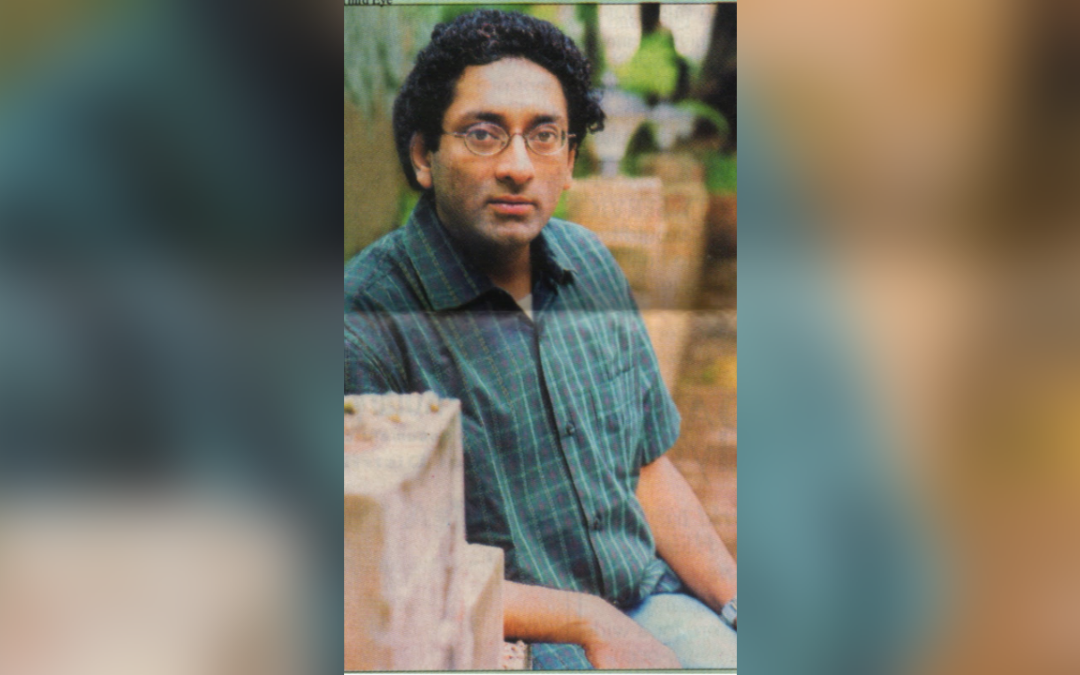
Get Clued into Jazz – An Interview with Madhav Chari
“The idea for the Jazz Lecture Discussion series and Outreach Program, originated last year in Delhi, with a workshop I did for Spic Macay on Jazz. They were pleasantly surprised to find that the whole concept of jazz being unstructured music, was a misconception.”, says Madhav Chari, Jazz musician and composer, based in Chennai.
Madhav Chari is no stranger to Chennai. He is an accomplished jazz pianist having performed with many jazz luminaries across cities in the US and also in Canada. He moved here a year ago, with the intent of performing here, as well as continuing his studies in Indian Classical Music and Philosophy. He has performed on various occasions over the past year in Chennai, not to mention at prestigious venues such as the NCPA in Mumbai and Jazz Yatra in Delhi and continues to perform internationally. He is now presenting India’s first jazz and modern music outreach program, right here, in Chennai. The program is two-pronged, with an outreach program for educational institutions and a Lecture Discussion series for the general audience.
Dwelling a little more on the popular misconception about jazz being an unstructured form, Madhav clarifies, “Let’s say I placed you in Senegal, and you heard people there speak Wolof. You may not understand it, and it may sound to you, with your framework of English grammar, like babble. This doesn’t mean it’s an unstructured language. The same applies to jazz. Jazz is fundamentally, fusion – a hybrid between languages of music. As a product of parent languages, it took many generations for it to become a finished product with a structure and a well-developed grammar.”
About the lecture discussions, he says, “The objective is to increase awareness about jazz and modern music in India. At a different plane, for those who have no formal background in music, I hope they learn more about music and its connection to society. When they go to a jazz concert after these discussions, their perspective towards jazz, and in general, any kind of music, would change.”
Why the Lecture-Demonstration format? “To understand jazz, or for that matter, any form of music, there are vast theoretical resources. But there’s nothing quite like experiencing it. If you listen to the Blues, you feel the emotion. No amount of written matter can replace that experience. After all, there are limitations to language when it attempts to describe something from another medium. Which is why, I’m also doing performances with my lecture discussions.” says Madhav.
Alongside the workshop for the general audience, Madhav is also attempting an outreach program among schools and colleges in Chennai. “The inspiration for the outreach program was a cute 10-year old boy at a school in Delhi. He was totally into what I was explaining about music and snapped up all that I taught, especially things like rhythmic patterns, at one go. When I asked his teacher how they were planning to nurture his talent, she mentioned that they were thinking of piano lessons. Here was this rhythmically gifted kid, who, by virtue of living in Delhi, had access to some extremely talented local resources like Tabla players from various Gharanas, and his talent was being diverted to the piano!”, says Madhav. This got Madhav thinking about a workshop for children and after a pilot at Amethyst earlier this year, he’s all set to get working at schools and colleges.
Why Chennai? “Unlike other cities, where people claim to understand jazz, in Chennai, we have an audience that is starting out with a clean slate and an inquiring mind as far as jazz is concerned. Moreover, they are attuned to the musical grammar of Carnatic Music and that makes it all the more interesting when I draw a connection between the two musical forms in terms of their structure.”
Two topics of the seven planned under the Lecture Discussion series for the general audience, have taken place already. The remaining topics are: Feeling the Blues (Sep 25, Saturday, 3 PM, Amethyst), American Popular Song as Profound Artistic Statement (Oct 1, Friday, 6.30 PM, Max Mueller Bhavan) , The Movement of Africa (Oct 2, Saturday, 3 PM, Alliance Francaise), Thelonius and the Many Moods of Monk (Oct 8, Friday, 6.30 PM, Max Mueller Bhavan) and Telling a Good Story (Oct 9, Saturday, 3 PM, Alliance Francaise). No registration or tickets are required, but the venues have limited capacity.
(edited version published on October 2, 2004 in Madras Plus, the city features supplement of The Economic Times, Chennai. Pic courtesy Third Eye, as published in magazine.)
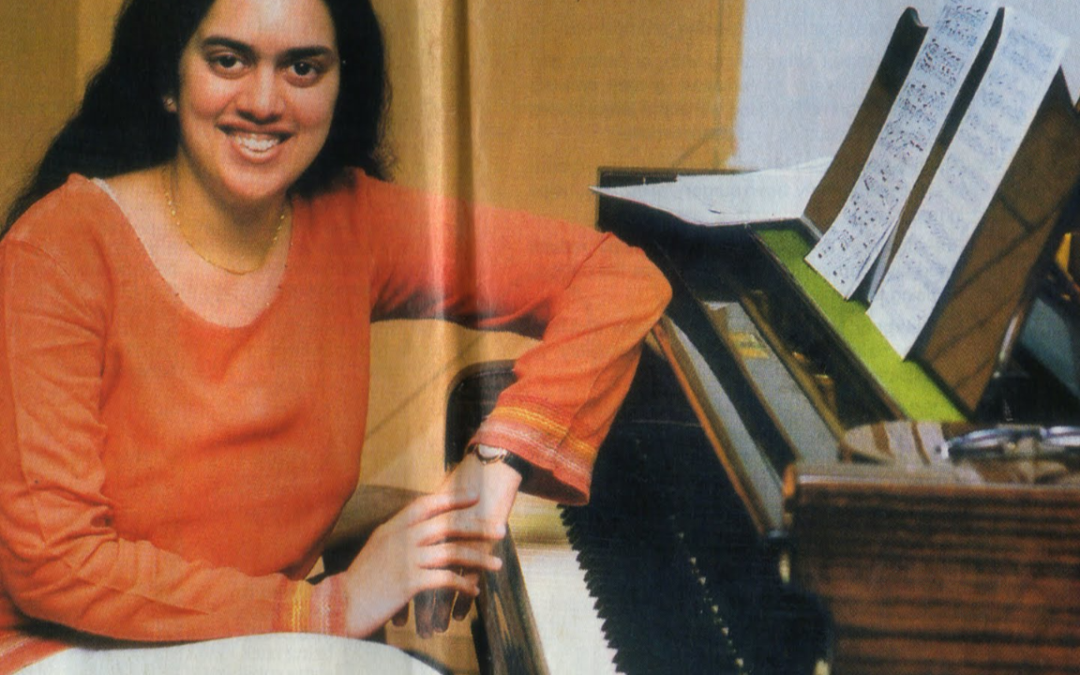
Key Notes – An interview with Mira Sundara Rajan
“Western Classical music is perceived as elitist. Once that perception changes, more people will be able to study and appreciate it.” says Mira Sundara Rajan, a pianist of Indian origin and teaches Copyright Law at Queen Mary, University of London. She is in India for legal research in her chosen stream, Cultural Property Rights and Intellectual Property Rights in the Arts area. Although she has visited Chennai before, on this visit she has performed at the Madras Music Association on June 6th and at the British Council Division last evening.
Why the piano? “I was always enthralled by the piano. It’s the backbone of the classical tradition. As an instrument, it is structured to provide a very versatile range of sound. That’s why composers use it while working on a piece.” Mira has been studying music for the past 25 years. She has a particular interest in the work of Johannes Brahms and plans to make a recording of all of his solo pieces.
“This has not been attempted before – Brahms is a complex composer in that his solo compositions are usually short and range from vibrant pieces to those that convey unusual emotions. His work is not about playing the notes, it is intellectually very demanding. If audiences appreciated Brahms for the brilliant composer he was, having truly understood his music, there would be more musicians playing his pieces. To give an analogy, Brahms was a true craftsman of music but audiences are yet to understand the art form.” According to Mira, all of music is an attempt to reach a higher state of existence – call it intellectualism or spirituality. “But the music of Brahms can transport even a listener with no background in music to appreciate it for the emotions it conveys. Understanding his music, however, can elevate you to a different plane.”
Which brings us back to Mira’s conviction that the way forward for the Western Classical music industry is in educating the audience. She says, “Did you know that Classical Music constitutes only around 5% of the entire recorded music industry?” She finds that even in performances, musicians play according to popular tastes, either famous composers or oft-heard pieces. “The interest will expand only with educating the audiences. In my concerts, I give a brief background about the piece and the composer hoping that I am leaving the audience with a little more information and interest. This concept doesn’t exist in the western countries as most people are assumed to know about western classical music. However, it’s the people who don’t understand the music that I want to reach out to. They are the people who can move the tradition forward with appreciation.”
Mira is also into writing poetry and started at a very tender age like her illustrious great grand father, Mahakavi Subramania Bharati. “I also write short fiction and when I have some time in the midst of my music and teaching, I will be attempting a novel. And for sure, Brahms will find a way into it!”
Pic courtesy Third Eye
An edited version of this article was published in Madras Plus on June 12, 2004 .
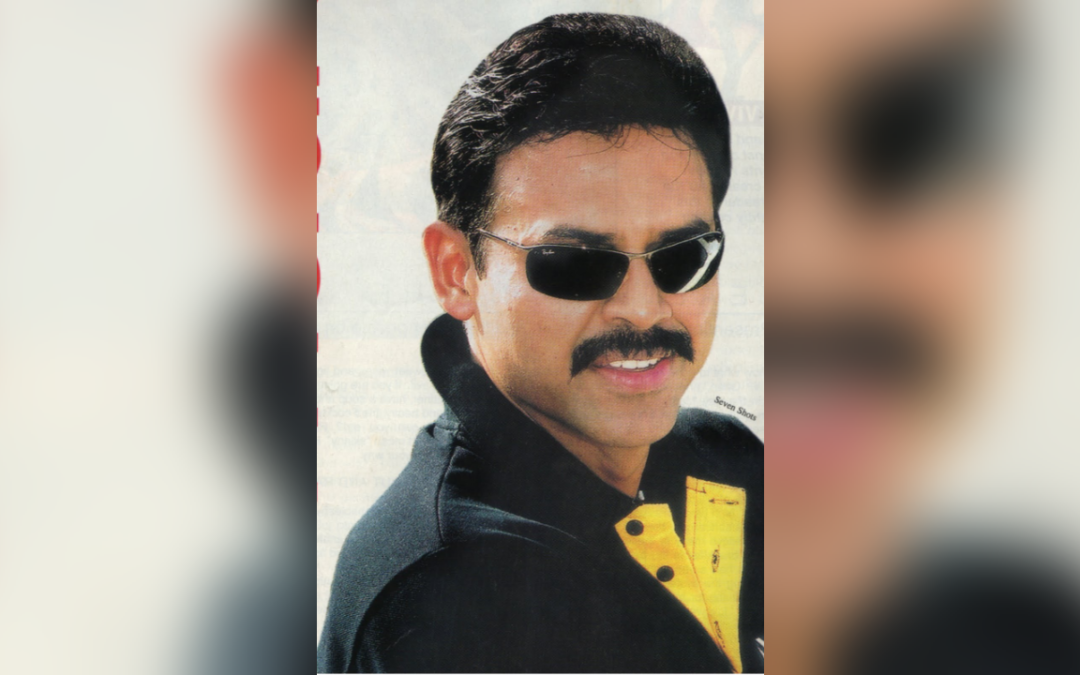
Shall V? – An interview with Venkatesh
“I am doing the role of Ramchander IPS at a time in my life where I am looking at things differently. I have mellowed down, and am also doing fewer films.” says Venkatesh Babu aka ‘Victory’ Venkatesh aka Venki, Telugu actor and son of Dr. D.Rama Naidu, one of the foremost producers of the Telugu Film Industry.
In Chennai to complete the climax sequence for Gharshana (Kaakka Kaakka in Telugu), Venkatesh is all praise for the Tamil original and Gautam Menon. In his career spanning 18 years, he believes, he has not been presented in a role like the one he assays in Gharshana. “The success of the film is its fresh style. Technically, it is very slick and what you would expect of a Hollywood film.” He is paired with Asin in the role played by Jyotika in the Tamil original.
Straddling philosophy and films comes easily to Venkatesh. Although he has been spiritual from childhood, films were never part of the equation until 1986. As an MBA from the US of A, who was initially reluctant to join the industry, he believes, “Some things were just meant to happen. There is a higher major framework behind it all, which designs something else for you.”
Venki has carved a niche for himself by the range of roles he has portrayed – from Angry Young Man to Lover Boy to Man-Next-Door. His first Telugu Film, Kaliyuga Pandavulu won him acclaim as well as awards. “At the time I entered the industry, the style of acting was quite old-fashioned and loud. However, that was the ‘in’ thing at that time. I have also played those roles. But along the way, there were opportunities to do different types of roles and the audiences have accepted me in those as well.” says Venki. He is much appreciated for his roles in movies like Swarna Kamalam, Prema and Kshana Kshanam.
What about his foray into Hindi? “Anari was special. In Kashmir where I was shooting last week, people recognized me as Rama, the principle character. The success of that story in Tamil, Kannada, Telugu and Hindi, was because of Rama being a powerful character. The story touched a chord among audiences all over India.” Although he did get many roles in Hindi after the success of Anari (a remake of Chinna Thambi), he chose to stay home in the Telugu Film Industry as his Telugu films were doing extremely well. “ If I have to work in Hindi even today, it needs to have the kind of strong characterisation and story that Anari had.”
Speaking of consciously cutting back on the number of films he does per year, Venki says “Sometime in life, it hits you that the whole thing is maya. When you go into it deeply, all else doesn’t matter.”
“In Indian Film Industry, and in the Telugu one as well, the art of film making has undergone a transition. Production-wise, budgets have increased. And so has competition. We have many talented youngsters entering the industry, including directors, who have made their mark and are doing a wonderful job. They have tasted success very early in their careers, and I hope they have a long innings. Thanks to media, audiences are now exposed to other visual forms and performances from other parts of the world and are open to new themes and techniques.”
“I never intended to get into films, so there is no one type of role I crave to do. At this stage, I would still like to do something like a Godfather, something challenging. I have been trying to design a character like the Nutty Professor or Tootsie. That’s going to take some time and work to develop. Now that I am choosing lesser films every year, I hope to get down to designing roles like those.” he says.
On the cards is a period film by director K.Raghavendra Rao, 70 % of it is set in the pre-independence era. “And maybe, just maybe, you will see me in Tamil soon,” says Venki, as a parting shot.
Gharshana is Venki’s 54th film and is slated for a July 2004 release.
Pic courtesy Seven Shots
An edited version of this article was published in Madras Plus in 2004.
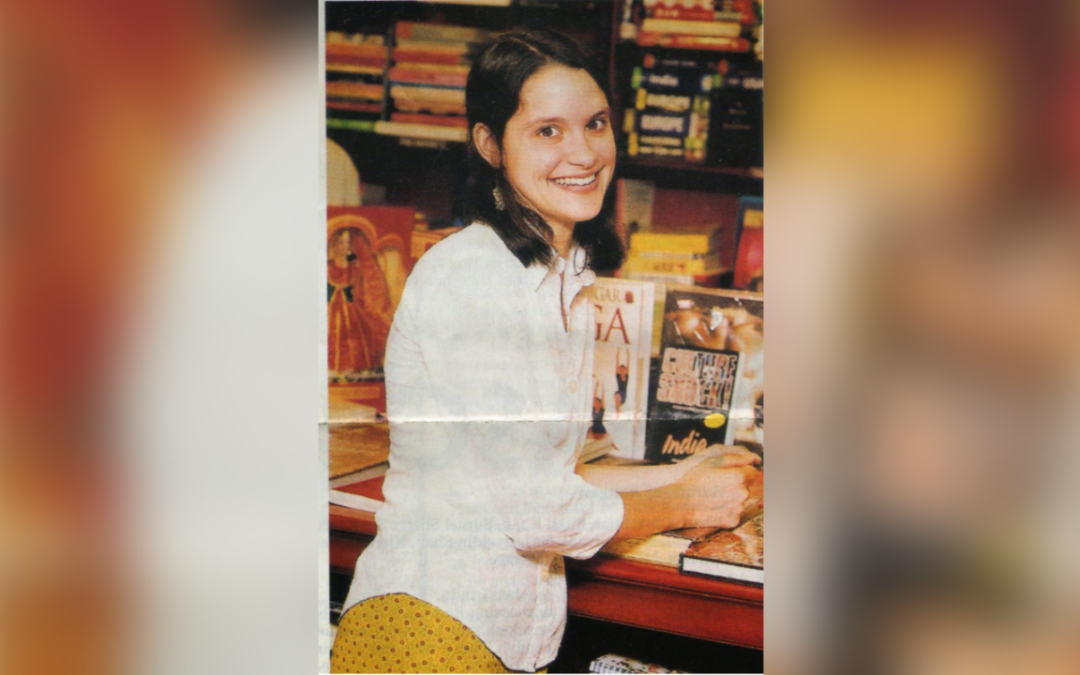
Not just a lucky girl – An Interview with Nell Freudenberger
“The one underlying thread that runs through the stories in my book, is about accidents. Mistakes made inadvertly by a person in a new country, a new culture.” says Nell Freudenberger who was in Chennai recently. “It’s like going back to that part of childhood where you don’t intend making mistakes. But you make them all the same, out of ignorance.”
Thoughts that are at once insightful as they are endearing, seem to be Nell’s forte. Although you wouldn’t associate an achingly pretty, twenty nine year old with such immense writing talent, you get more than a glimpse of it in her debut book, ‘Lucky Girls’, named after one of the stories in this collection of five.
In the stories that make up the book, she takes us through slice-of-life renditions of Americans in cultures other than their own. “It’s like they need to go away to know where they’re from.” says Nell, sounding wise beyond her years.
So, you find characters not only from the US, but also, to a large extent, from New Delhi, Bangkok, Mumbai, and Vietnam. The stories, all ‘longer than the short story and shorter than the novel’, explore the accidents that she mentions, in a backdrop of dysfunctionality. The dysfunctionality itself, is portrayed as an underlying element of realism sans the coldness that one inevitably associates with it.
Nell recounts how she started writing, “I started out with a novel while at University. Although my teachers at Harvard were a major influence, authors like Peter Carey, Alice Munro and Grace Paley have greatly inspired me. While working as an Editorial Assistant at The New Yorker, I wrote the short story, Lucky Girls, which the magazine went on to publish in its 2001 Summer Fiction Issue.” Subsequently, although she had a choice of nine publishing houses that were bidding to publish the book, Nell chose Ecco Press, an imprint of Harper Collins, more for the fact that they were the right fit rather than the highest bid.
While she has spent an aggregate of 6 months across the four visits she has made to India, this is Nell’s second trip to Chennai. On her last trip, she confesses to having done some ‘usual touristy things’ en route to Kerala. This time, however, she was here to spend some time at Pondicherry, writing a travel article as well as to read from her book at an event held under the auspices of The Office of Public Affairs, US Consulate General for South India and the Madras Book Club at Chennai.
Her next book is set in Los Angeles, where she grew, and has ‘influences of China’ for which she travels to China soon. “I hope to test my Chinese on that trip.” she ends, on a whimsical note.
The Indian edition of Nell Freudenberger’s Lucky Girls, is to hit bookstores in Chennai shortly.
Pic courtesy Third Eye
An edited version of this article was published in Madras Plus in 2004.





